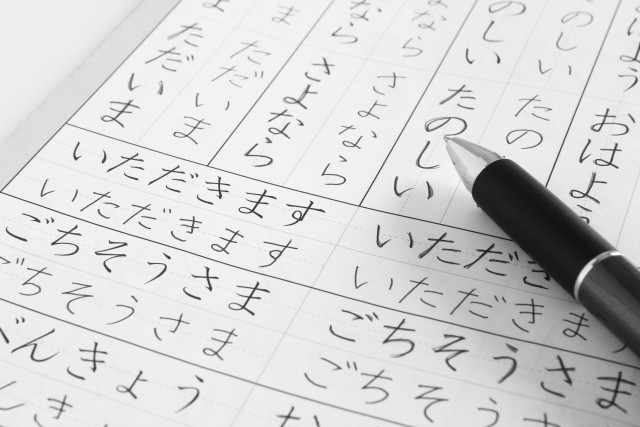Here are various ways to show gratitude or respond to expressions of thanks in Japanese, spanning from casual to formal situations:
1. ありがとう (Arigatou)
- Usage: Casual, commonly used among friends and family.
- Example: 「手伝ってくれてありがとう!」- 「いいえ、ありがとう!」(“Tetsudatte kurete arigatou!” – “Iie, arigatou!”) – “Thank you for helping!” – “No, thank you!”
2. どうもありがとう (Doumo arigatou)
- Usage: Casual, slightly more polite than “arigatou”.
- Example: 今日は本当に楽しかった、どうもありがとう!(Kyō wa hontou ni tanoshikatta, doumo arigatou!) – I had a really good time today, thank you so much!
3. ありがとうございます (Arigatou gozaimasu)
- Usage: Polite and formal, appropriate for most situations.
- Example: プレゼントをいただき、ありがとうございます。(Purezento o itadaki, arigatou gozaimasu.) – Thank you for the gift you gave me.
4. いいえ、どういたしまして (Iie, dou itashimashite)
- Usage: Polite response to “thank you”, equivalent to “you’re welcome”.
- Example: 「このプロジェクトに協力してくれてありがとう」- 「いいえ、どういたしまして」(“Kono purojekuto ni kyōryoku shite kurete arigatou” – “Iie, dou itashimashite”) – “Thank you for helping with this project” – “You’re welcome.”
5. お気になさらず (Oki ni nasarazu)
- Usage: Polite and formal, used to reassure the person who expressed thanks.
- Example: お気になさらず、お手伝いできて嬉しいです。(Oki ni nasarazu, otetsudai dekite ureshii desu.) – Please don’t worry about it, I’m happy to help.
6. いえいえ (Ieie)
- Usage: Casual, used to downplay the favor or gesture.
- Example: 「お礼に何か飲みましょうか?」- 「いえいえ、大丈夫です!」(“Orei ni nanika nomimashou ka?” – “Ieie, daijoubu desu!”) – “Can I buy you something to drink as thanks?” – “No, no, it’s okay!”
7. いつでもどうぞ (Itsudemo douzo)
- Usage: Polite, used to express readiness to help again in the future.
- Example: いつでもどうぞ、お手伝いします。(Itsudemo douzo, otetsudai shimasu.) – Anytime, I’m happy to help.
8. どういたしまして (Dou itashimashite)
- Usage: Polite, formal response to express that the favor was no trouble.
- Example: 「この手伝い、本当に助かりました」- 「どういたしまして、また何かあれば言ってください」(“Kono tetsudai, hontou ni tasukarimashita” – “Dou itashimashite, mata nanika areba itte kudasai”) – “Your help was really appreciated” – “You’re welcome, please let me know if you need anything else.”
9. 心より感謝しています (Kokoro yori kansha shiteimasu)
- Usage: Formal, used to express deep gratitude.
- Example: このご好意に、心より感謝しています。(Kono go-kōi ni, kokoro yori kansha shiteimasu.) – I deeply appreciate your kindness.
In Japanese culture, expressing gratitude is highly valued, and the appropriate response can strengthen social bonds and foster positive relationships. The choice of expression depends on the context, relationship, and level of formality involved in the interaction.

